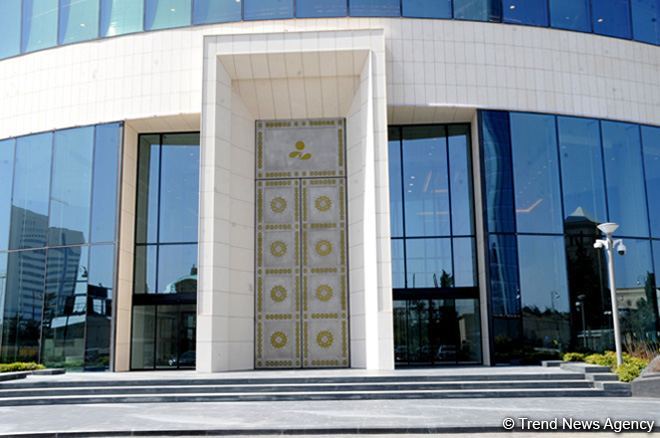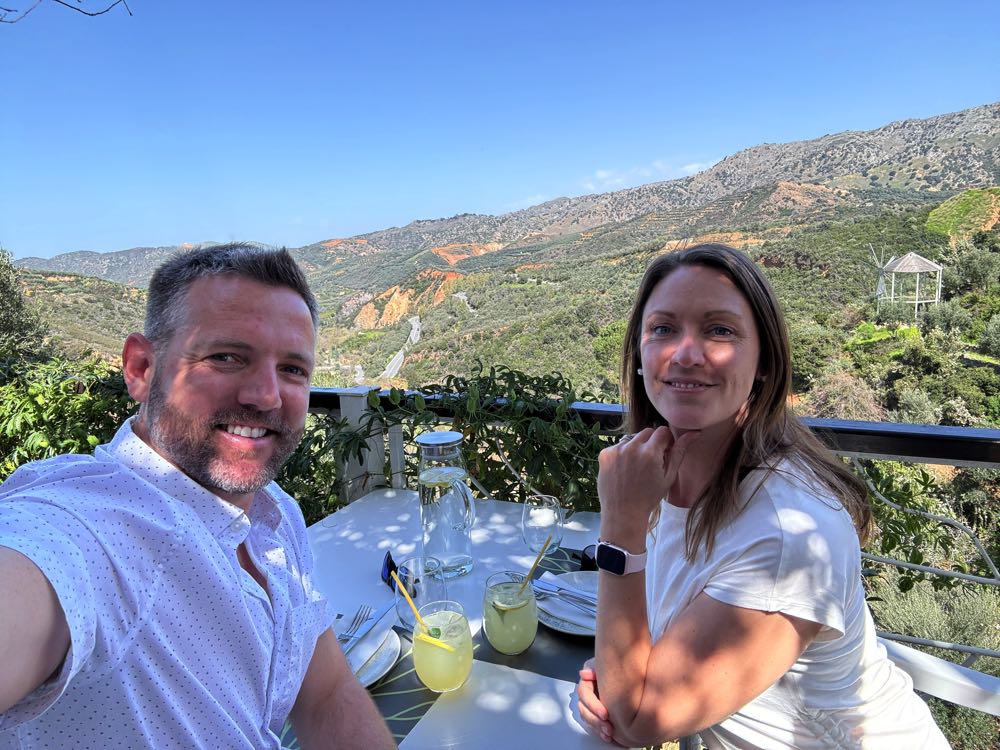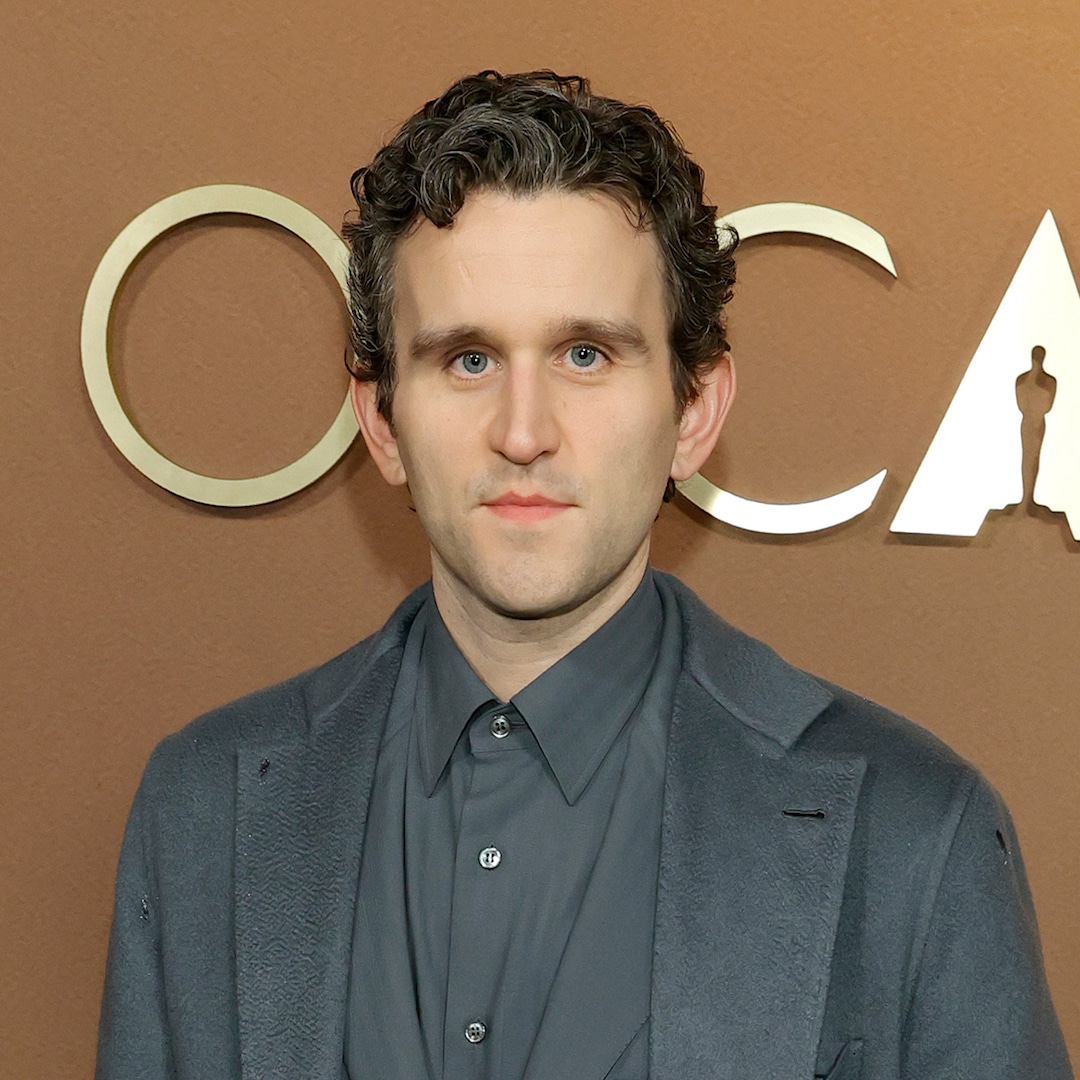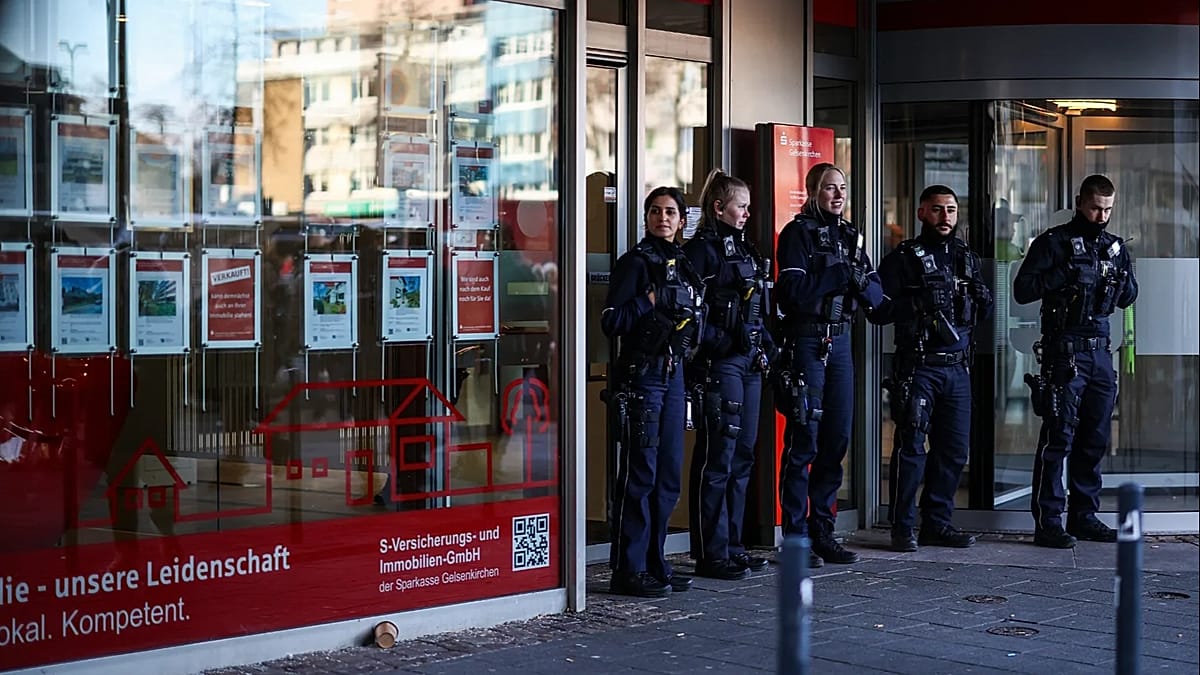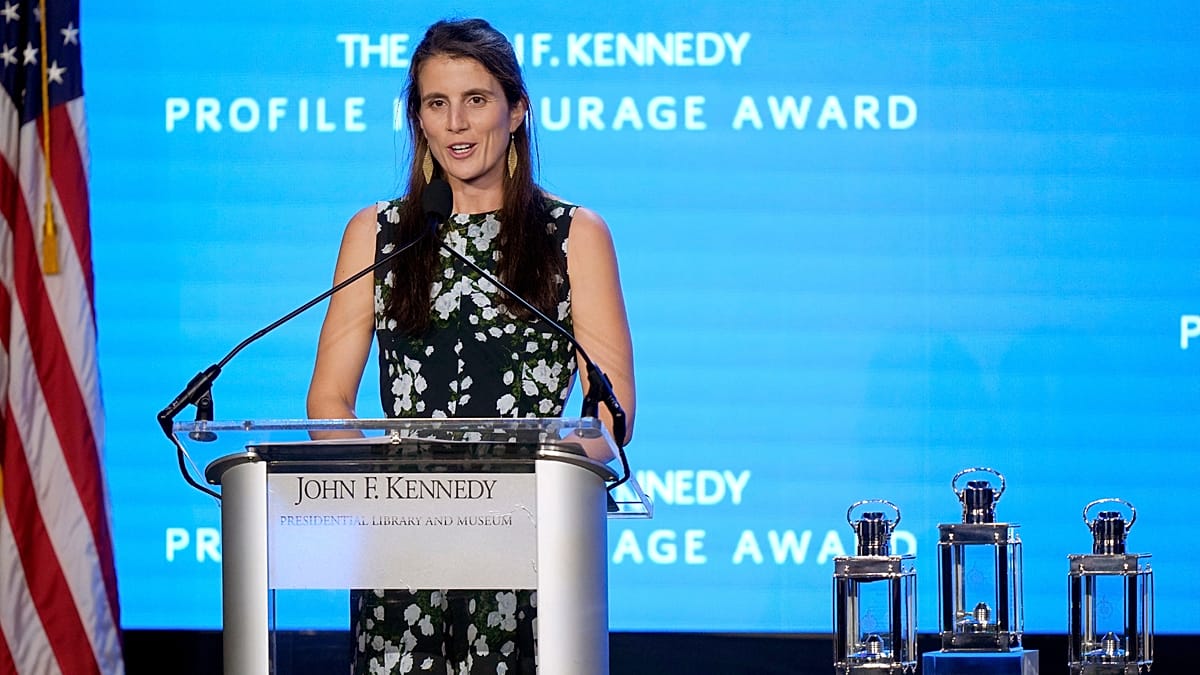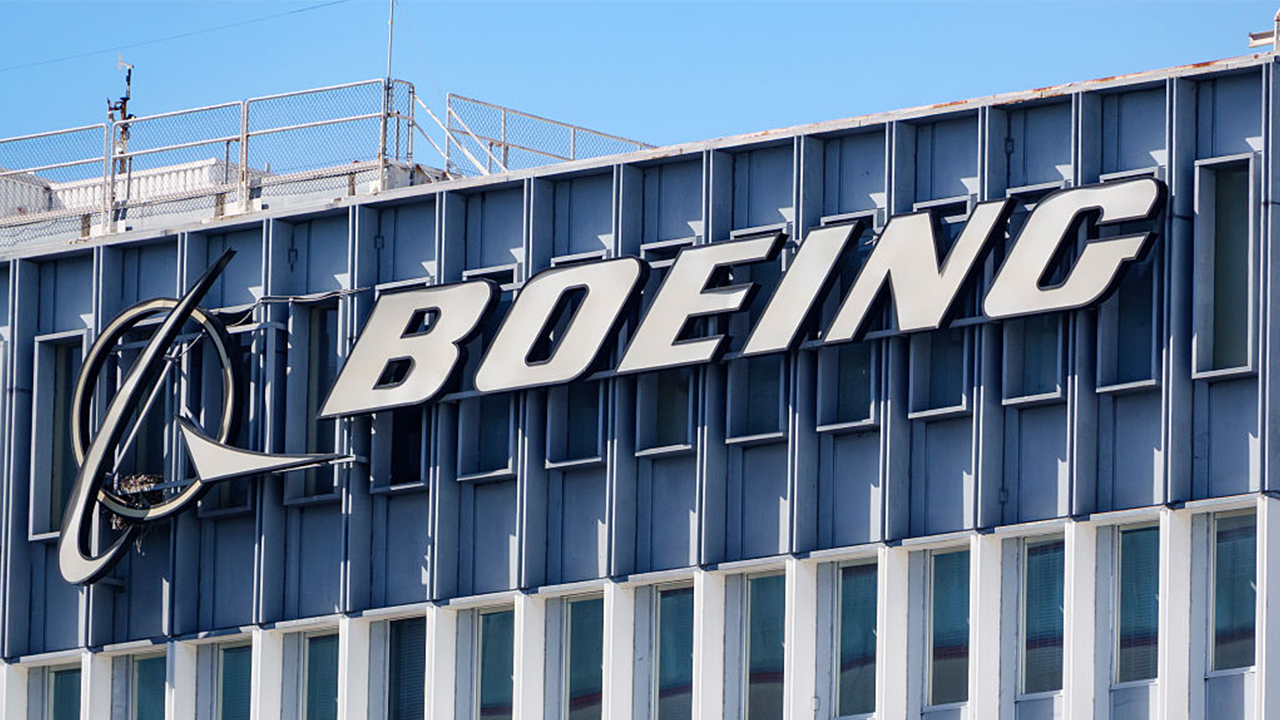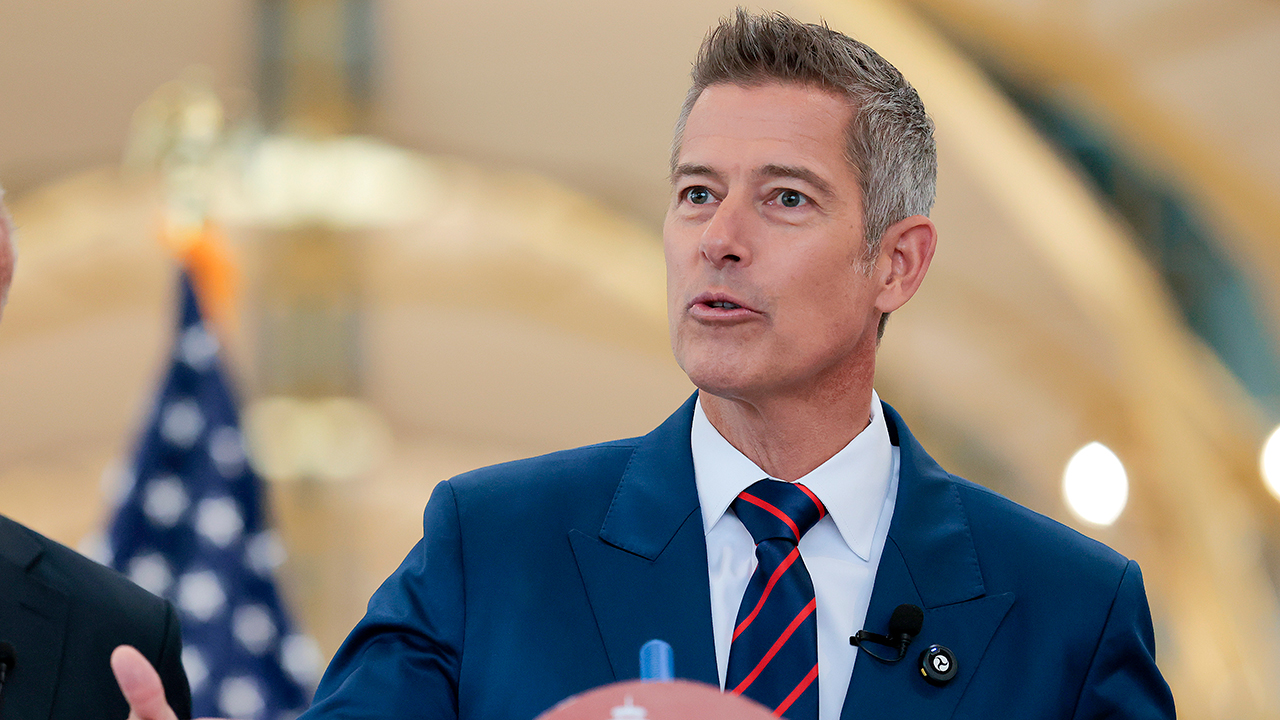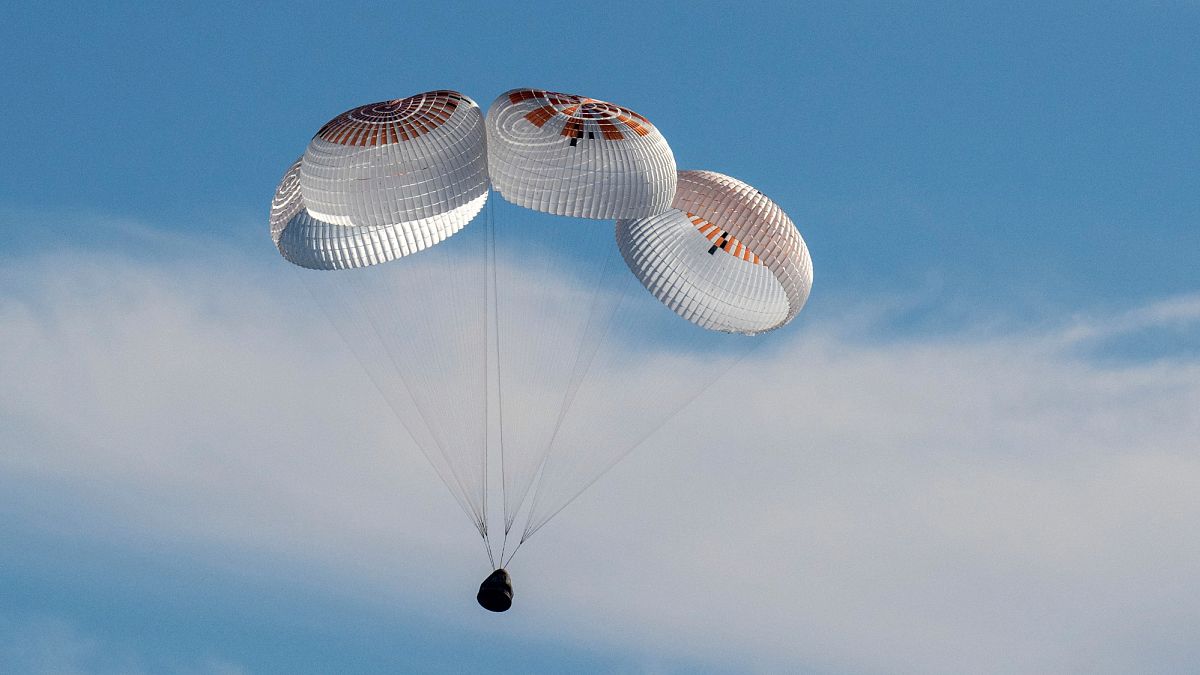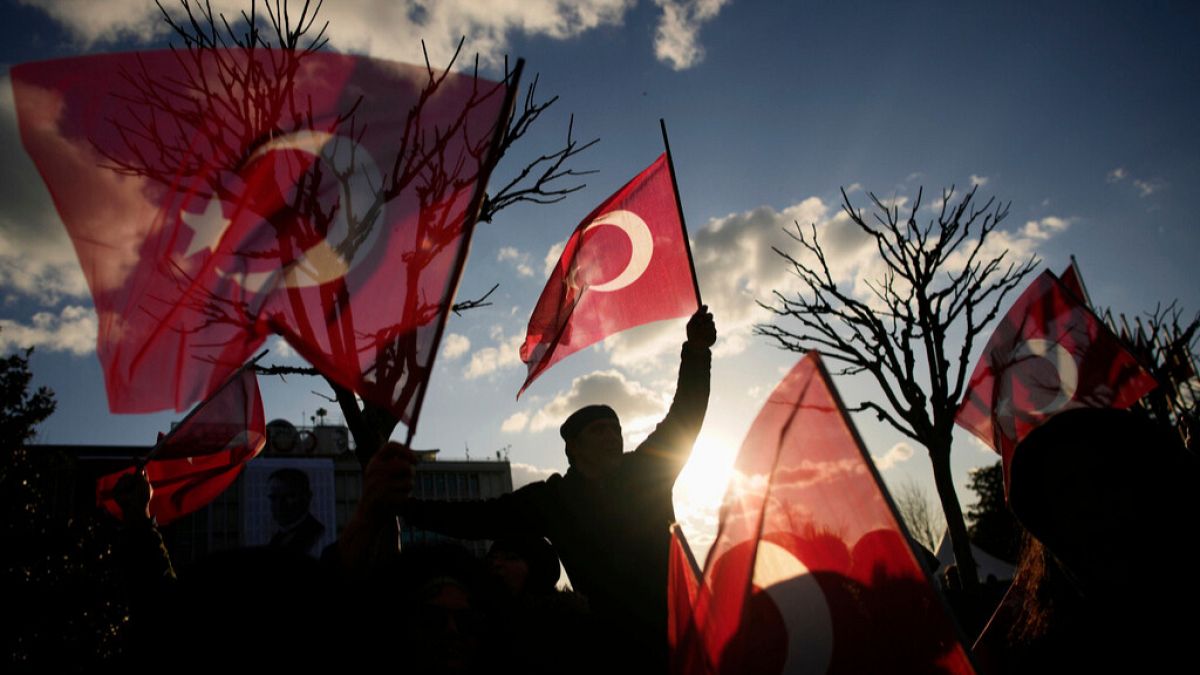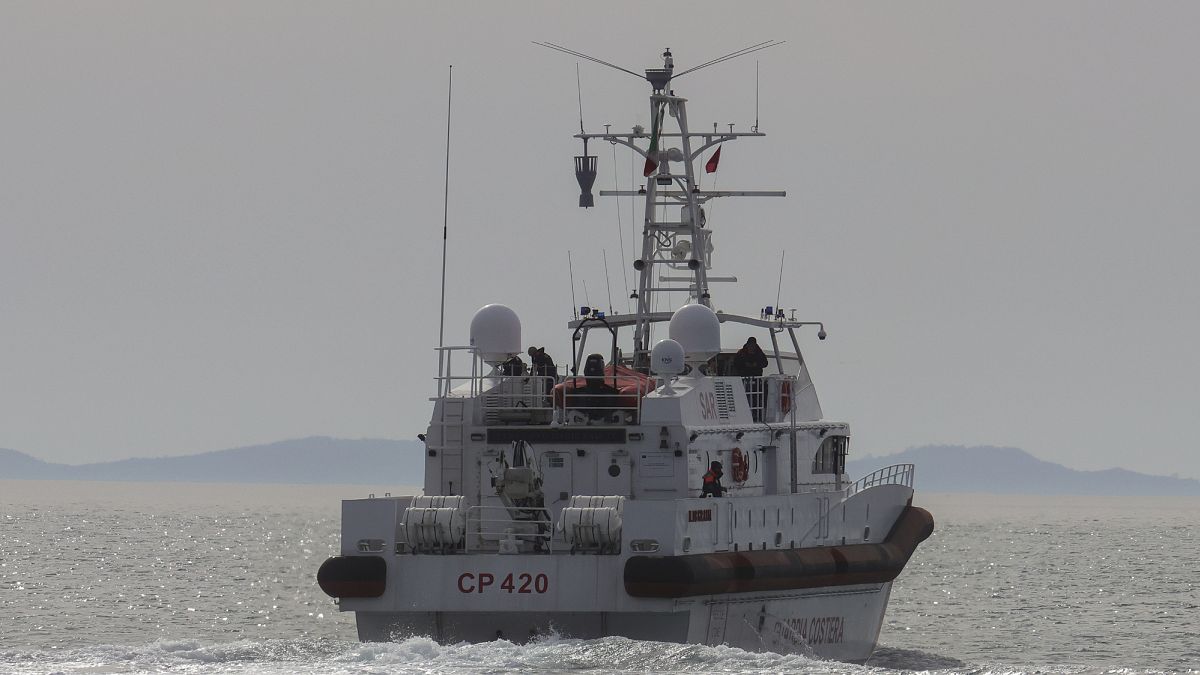Stocker in Cyprus in the run-up to the EU presidency

Nicosia – Austria’s Federal Chancellor Christian Stocker (ÖVP) met last Friday during a working visit to Cyprus with, among others, the head of state and government Nikos Christodoulides and the President of the House of Representatives of the Republic of Cyprus, Annita Demetriou. According to his office, the discussions focused on Cyprus’s upcoming presidency of the EU Council in January and the strengthening of bilateral relations in the economic and migration sectors.
“Cyprus is a small country, but with the assumption of the EU Council presidency, it will become one of the most important countries in the European Union for six months and will significantly shape its agenda,” Stocker said according to the press release. “That is why it was particularly important for me to travel to the Cypriot capital Nicosia this year to present our national interests at the EU level and discuss the political action areas that we consider most important.”
A central concern, according to the Chancellor, is the strengthening of European competitiveness. It is primarily about “strengthening strategically important economic sectors and creating an innovation- and business-friendly environment in the European internal market. Only in this way can we ensure in the long term that a successful European economic location and thus our prosperity does not become a memory of past times,” Stocker said.
Chancellor calls for reduction of bureaucratic hurdles
The Federal Chancellor considers it necessary to significantly reduce administrative burdens and dismantle regulatory and bureaucratic hurdles. “The energy sector is also an important lever – it is primarily about ensuring fair, transparent, and affordable prices for people and businesses and diversifying and securing energy supply in the long term,” Stocker said according to the press release.
In addition to the economic focus, the issue of migration is also crucial for the future of the European Union. “We know what we are talking about, as both Austria and Cyprus are among the countries most affected by illegal migration per capita,” Stocker said. Both states are therefore advocating for a paradigm shift at the EU level: The focus should be on increased cooperation with countries of origin and transit, as well as effective possibilities for repatriations. The discussions in Cyprus have shown that “Austria and Cyprus are on the same wavelength on key issues regarding the future of Europe,” the Chancellor emphasized.
Cyprus has been de facto divided since 1974 following a Greek coup and a Turkish military intervention. In the north exists the Turkish Republic of Northern Cyprus, recognized only by Turkey. The internationally recognized government of the EU island republic in Nicosia controls the south. (25.08.2025)

